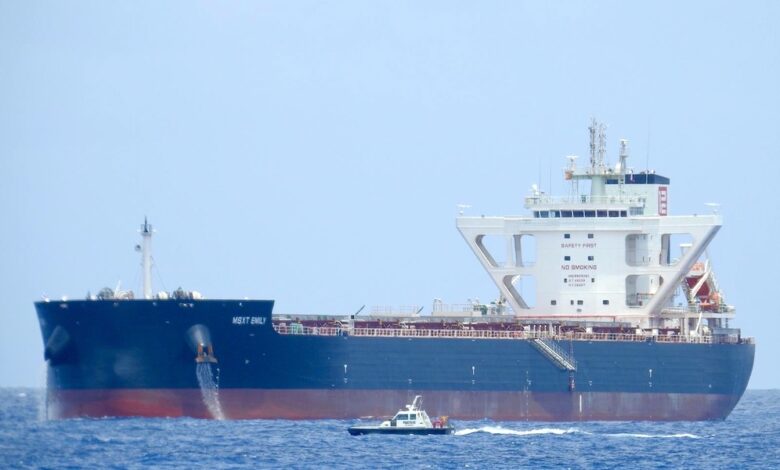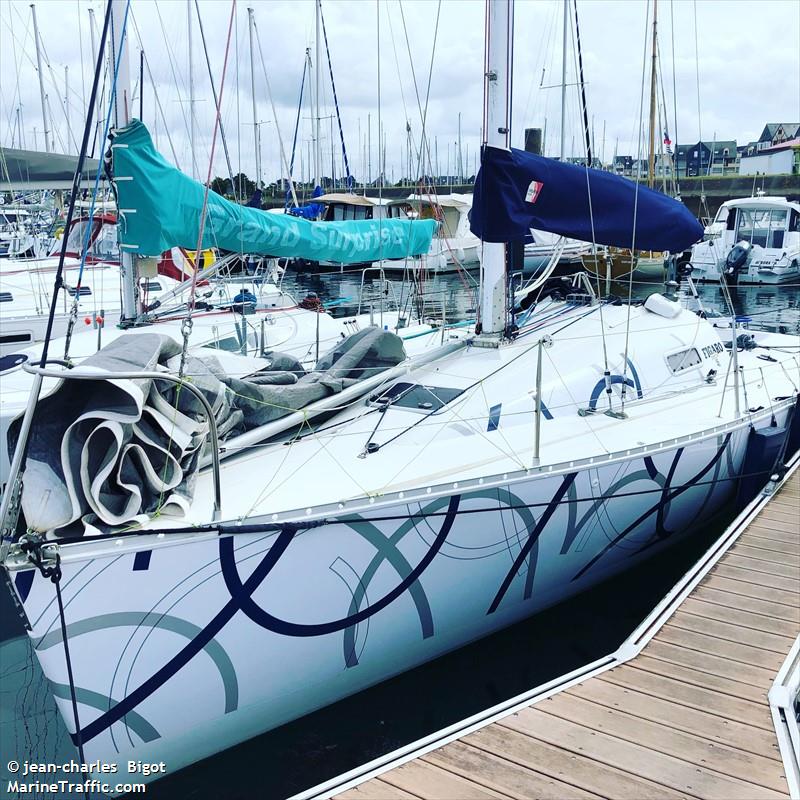Australia hands one-year ban to bulk carrier for ‘appalling’ treatment of seafarers

The Australian Maritime Safety Authority (AMSA) has banned the Liberian-flagged bulk carrier MSXT Emily from Australian waters for one year, after finding apparent serious issues of wage theft and seafarer mistreatment onboard.
Following a tip-off from the International Transport Workers’ Federation (ITF), AMSA inspected the ship at the Port of Hay Point, in Queensland, and found evidence of several violations of the Maritime Labour Convention, 2006.
The vessel had been chartered by Japan’s Kawasaki Kisen Kaisha (K Line) to load a cargo of coal for discharge in Japan.
Seafarers onboard the vessel had not been paid in accordance with their seafarer employment agreements: four contained apparently-forged signatures from employees, and five seafarers appeared to have been coerced into signing new employment agreements which had lower salaries.
In one case, a seafarer had signed a new contract, while they still held a contract valid for a further four months, for 50% less pay.
Inspectors found evidence that more than $77,000 in unpaid wages had been owed to seafarers working onboard the MSXT Emily, with the ship’s operators – MSM Ship Management Pte Ltd China – attempting to pay the amount owed once they were aware that AMSA inspectors were onboard.
“The vessel’s operator appears to have concealed this repeated wage theft,” AMSA stated in a release.
“Wage theft, forgery and coercion are serious matters, and I have been deeply troubled to hear of the conditions on the MSXT Emily. The workforce conditions onboard this vessel are a disgrace,” said AMSA executive director of operations Michael Drake, adding: “The supply chain, including vessel charters like K Line, need to carefully consider which operators they engage to bring vessels to Australia.”

 from Australian waters for one year, after finding apparent serious issues of wage theft and seafarer mistreatment onboard.
from Australian waters for one year, after finding apparent serious issues of wage theft and seafarer mistreatment onboard.
Unbelievable unethical and so greedy! Good on Australia for upholding principles of fair work and fair pay! No doubt alot of Overseas Filipino Workers and others from Asia and abroad who work hard to send money back to their struggling homelands to help feed their families and educate their children. They endure poor, exploitative conditions with hardly a thought for their own welfare! SHAME on these companies!!!
Glad AMSA followed up 👍
I am so happy my adopted mother land (second to none) doing great job for poor modern day slaves, to gets their rights, and due. Thanks AMSA .
AMSA? How about the ITF, How aboutvthe ITF supported by the MUA. We could talk about Australian seafarers aboard bulk carriers except that there are next to none. Successive governments of both persuasions have made damn sure of that. The tragic reality of mistreated of workers by employers is that greed fuels indifference. We need Aussie crews on Aussie flagged ships carrying Aussie trade. The rest is little more than tokenism.
Thank you very to Australian authority for concerning this matter. Too many company doing that inhumane practice to poor seafarer. There is a also company that only give 300 dollars for Able seaman and oilers,very slavery. I hope someday there is a rule that standardized the salary of the seafarers what ever company they employed.
a step in the right direction. makes you wonder how long they have been doing this and how many others. … a friend struck up an online relationship with a man from or close to India. he worked in Saudi Arabia or United Arab Emirates and was not making enough money for himself, let alone to send home. apparently the living conditions were bad and he had been wanting to go home. they had restrictions on them. he told her many were in the same position, that conditions were not what they were told and many also wanted to leave.